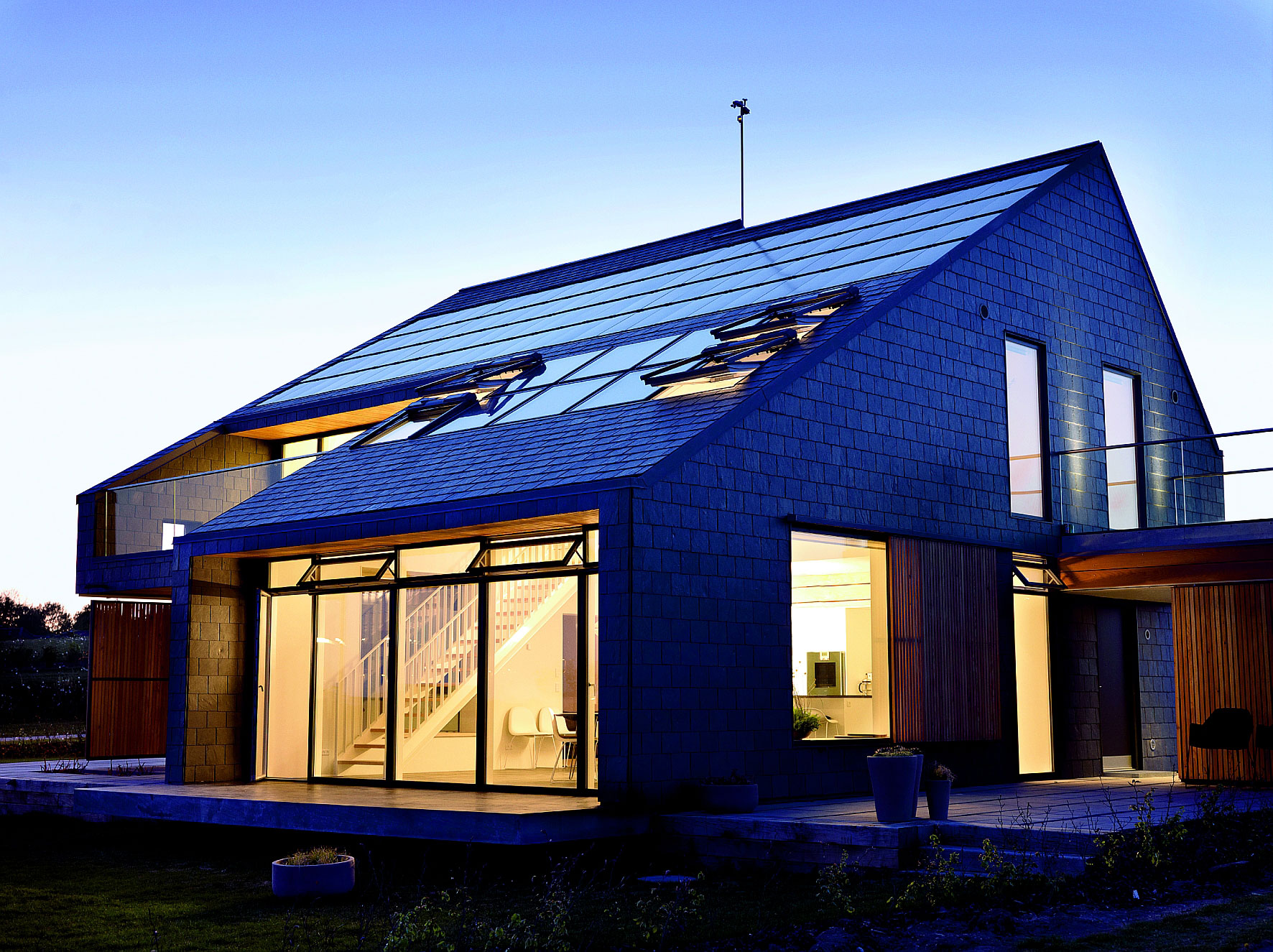Saving energy and reducing bills is a popular topic in many households. Some folks try to cut corners wherever they can to lower their utility bills, but some end up making mistakes that cost them more in the long run. Let’s discuss nine of these common blunders to help you avoid them and genuinely save money on your energy bills.
1. Ignoring the Thermostat
The thermostat can be your best friend or your worst enemy when it comes to controlling your energy costs. One common mistake is setting the temperature too high or too low, wasting energy when no one is home. Using a programmable thermostat and adjusting the temperature when you are away can help to drastically cut your energy bills.
2. Not Insulating Your Home Properly
Insulation acts as a barrier, keeping your home warm in the winter and cool in the summer. If your home is not well-insulated, your heating and cooling systems will have to work harder to maintain a comfortable temperature, resulting in higher energy bills.
3. Using Outdated Appliances
Older appliances are often less energy-efficient than their modern counterparts. If your appliances are more than ten years old, consider replacing them with Energy Star-rated models. This can lead to substantial savings on your energy bills over time.
4. Ignoring Energy Vampires
Many electronic devices and appliances use energy even when they are turned off. This is known as “phantom” or “vampire” power. Unplugging these devices or using power strips with on/off switches can help curb this energy waste.
5. Overlooking the Power of the Sun
Natural sunlight can be a powerful tool in controlling energy costs. By opening curtains and blinds during the day, you can take advantage of natural light and reduce your reliance on artificial lighting.
If you’re really interested in harnessing the power of the sun, you might want to consider some DIY solar projects. For instance, this article talks about five such projects that can transform your outdoor living space and help you save energy.
6. Not Regularly Maintaining Your HVAC System
Regular maintenance of your heating and cooling system is crucial for its efficiency. Neglecting this can result in decreased performance and higher energy bills. Regular servicing can also help to prevent costly repairs or replacements in the future.
7. Neglecting Your Water Heater
Just like your HVAC system, your water heater needs regular maintenance for efficient operation. Moreover, lowering the default temperature setting from 140 degrees to 120 degrees can reduce water heating costs by 6-10%.
8. Inefficient Use of Windows
Windows can contribute to heat loss in the winter and heat gain in the summer. Using energy-efficient window treatments or coverings can significantly reduce energy waste.
9. Ignoring Innovative Energy Solutions
One common mistake is overlooking the potential of innovative energy solutions that can dramatically lower your energy bills.
For instance, there’s an intriguing product I’ve come across recently: the Kinetic Power System. It’s a guide that shows you how to build your own home power plant and save on your energy bills. Sounds interesting, right?
Harness the Power of Smart Technology
Smart technology has become an integral part of modern living, offering convenience, security, and, yes, energy savings. The beauty of smart devices lies in their ability to adapt and respond to our habits, making our homes more efficient. Smart thermostats learn our schedules and adjust the temperature accordingly. Smart plugs can turn off devices that aren’t in use. Smart lighting can adapt to natural light levels, and the list goes on. If used wisely, these gadgets can help reduce your energy footprint.
Make Energy Efficiency a Lifestyle
Adopting energy efficiency is not a one-time task; it’s a lifestyle. Simple actions like turning off lights when not in use, washing clothes in cold water, air drying clothes instead of using a dryer, and cooking efficiently can make a significant impact. In the same vein, understanding the energy consumption of your daily activities can help make better decisions. For instance, this article talks about how everyday activities can inadvertently boost your fitness – and it’s not a stretch to see how they can also contribute to energy savings.
Keep Up with the Latest in Energy Conservation
The world of energy conservation is always evolving, with new technologies and methods continuously emerging. Staying informed about these developments can open up new ways to save energy and reduce your bills. This might involve subscribing to energy conservation blogs, participating in online forums, or even attending local community meetings. By doing so, you’ll be better equipped to make informed decisions about your home’s energy use.














